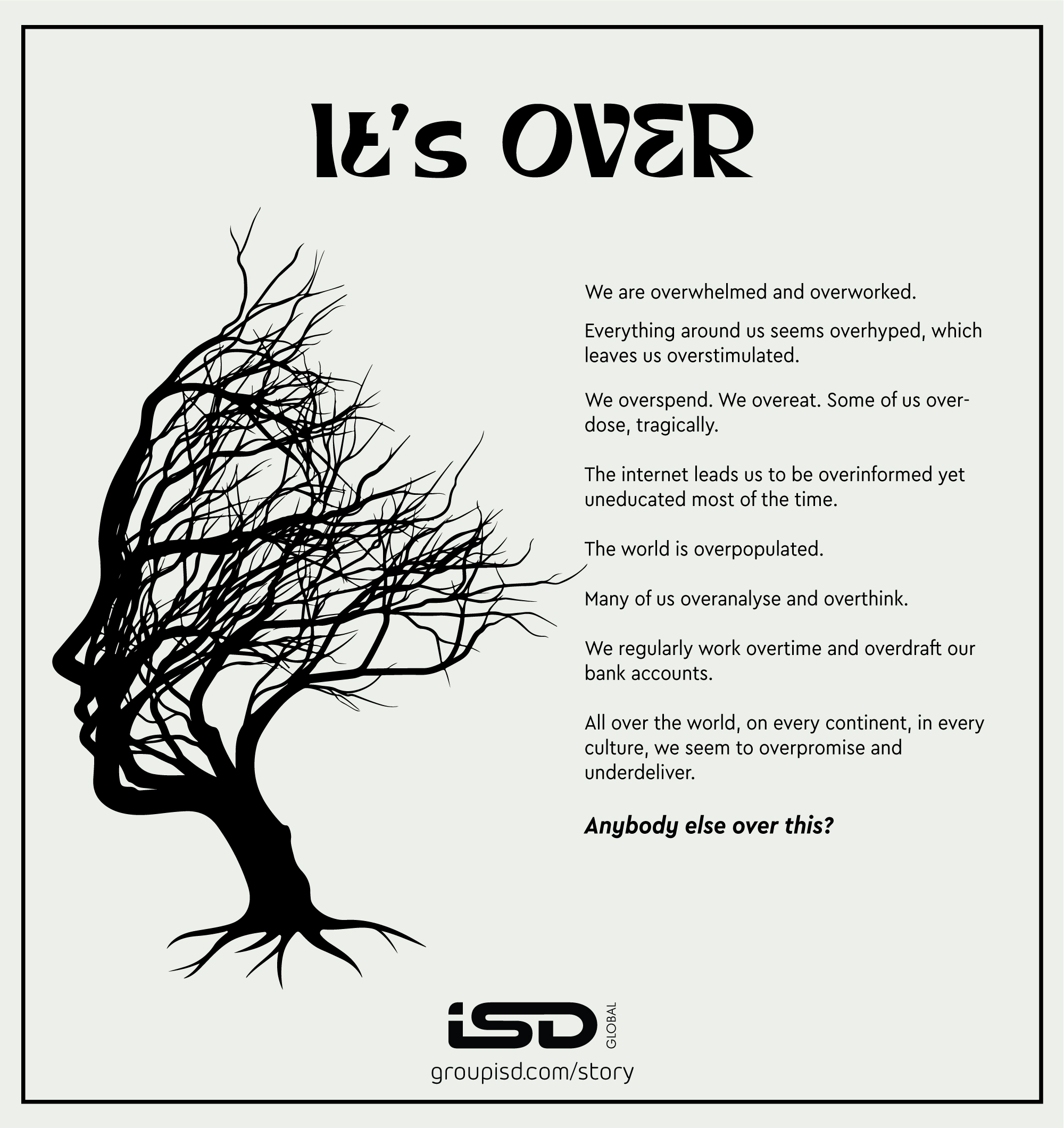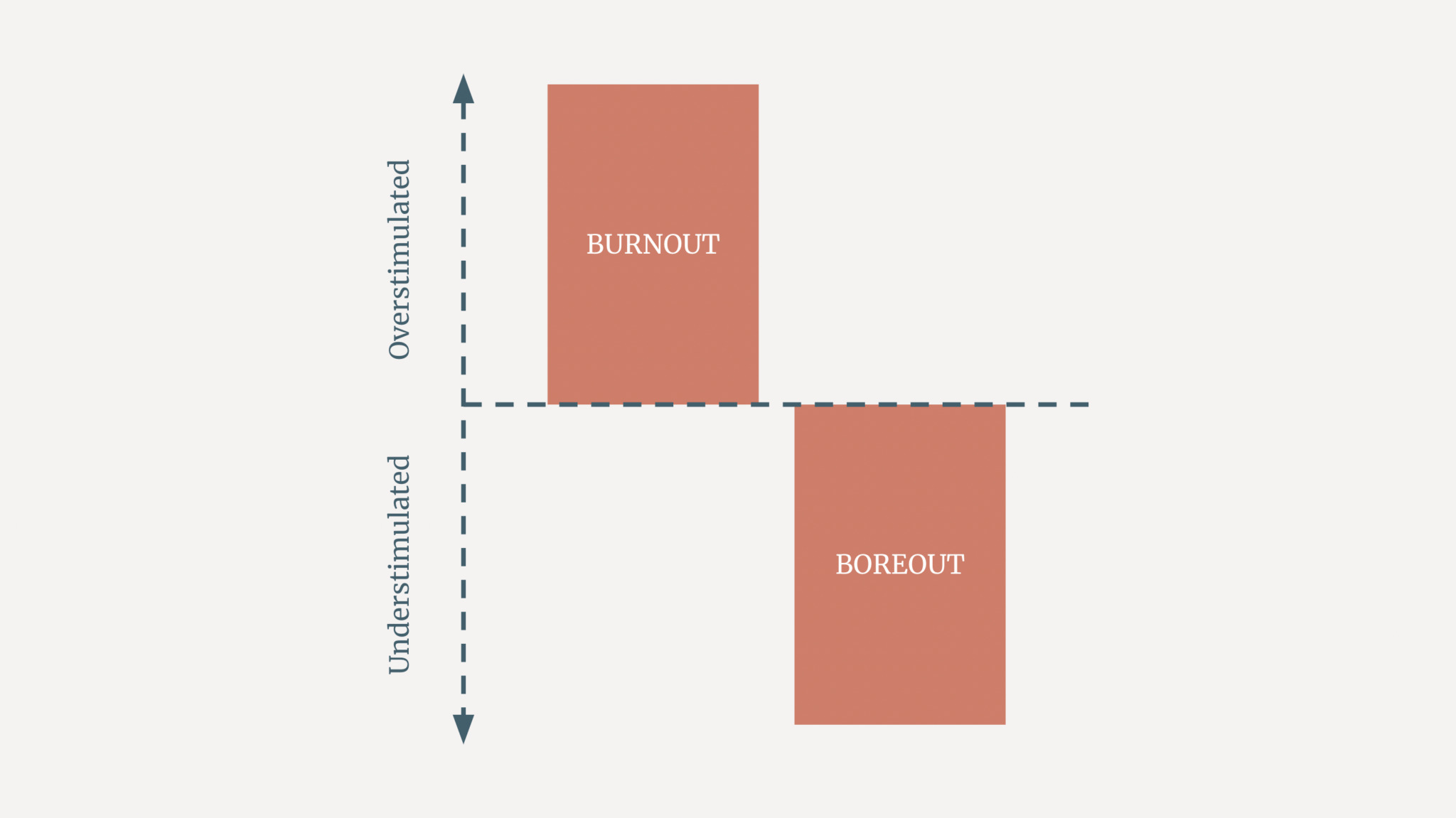Ideally neither. But, then it is not an ideal world.
Modern life comes in the way of rest and sleep. Contemporary society sets the benchmark for lesser mortals wherein if you are not Type A, then you are not good enough. The productivity narrative is overwhelming and concepts like FOMO only add fuel to the fire.
Unlike what the ecosystem would have you believe, burnout is NOT a badge of honour. The perennial quest to be invincible, Machiavelli or Herculeus is all encompassing. Burnout is when you are all the time overstimulated. Our culture glorifies burnout as a measure of success and self worth and that does not help in any way. The implicit message is that if we are not perpetually exhausted, we are not doing enough. As if the great things are reserved for those who bleed. For those who almost break.
As high achievers we are conditioned(conned?) to believe that the path to success is only through relentless work. And if you have to overachieve the only way is to overexert, overdo and overthink. Getting ahead doesn’t have to as hard as we make it out to be. There is a better way.

The best way to accelerate is to take the foot off the pedal.
If one were to attempt defining boreout, it would go something like this: Boreout is an informal term for a state of dissatisfaction and demotivation one may experience due to being bored at work. A state wherein repeatedly completing tasks you consider to be pointless or meaningless. When you can’t find value|meaning in your work, you feel understimulated. High levels of anxiety, depression and stress are frequently associated with boreout. If you frequently procrastinate — putting off important tasks in favor of other instantly-rewarding activities — it could be because of boreout.
The rise of ‘quiet quitting‘ is a fallout of boreout. Especially amongst the GenZ’s entering the workspace. Quiet quitting has nothing to do with quitting your job. Instead, you only do the work necessary to do your job successfully, often what’s listed in your job description.

The toll of long hours depends on how you feel about them. People are at elevated risk of depression, anxiety, depression, sleep problems, high blood pressure and cholesterol when they burn the midnight oil based on obsession- but not when they based on passion. There’s also evidence that obsession predicts greater conflict between work and and the rest of life: you struggle to disconnect from your work, which leads to burnout.
We are neither robots nor a manufacturing plant. Creativity isn’t produced..you run into it, you discover it. And that happens during moments of slack, not hard labour.
Take back the passion. And out with burnout and boreout!
ENDS
